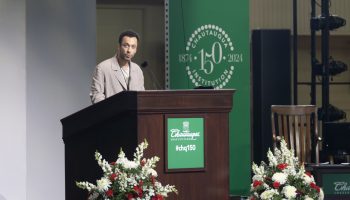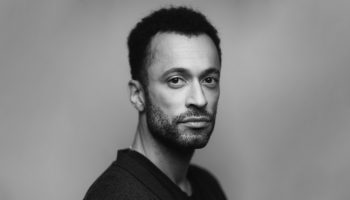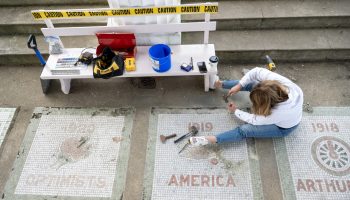Journalism ethics cannot be considered separately from the ethical compass of the country at large.
Diane Winston will be talking about what that means for the priorities of the news media at 2 p.m. Thursday in the Hall of Philosophy as part of Week Eight, “Media and the News: Ethics in the Digital Age.” Winston, a leading scholar in news ethics and religion, will talk with James Fallows, national correspondent for The Atlantic, during a conversation titled “From Reagan to Trump: Religion, Ethics and the News Media.”
“Journalism does not exist independently of our entire culture; it is part of our culture. The ethics of journalism reflects the highest standards of our society in general,” said Winston, the Knight Chair in Media and Religion at University of Southern California’s Annenberg School for Communication and Journalism.
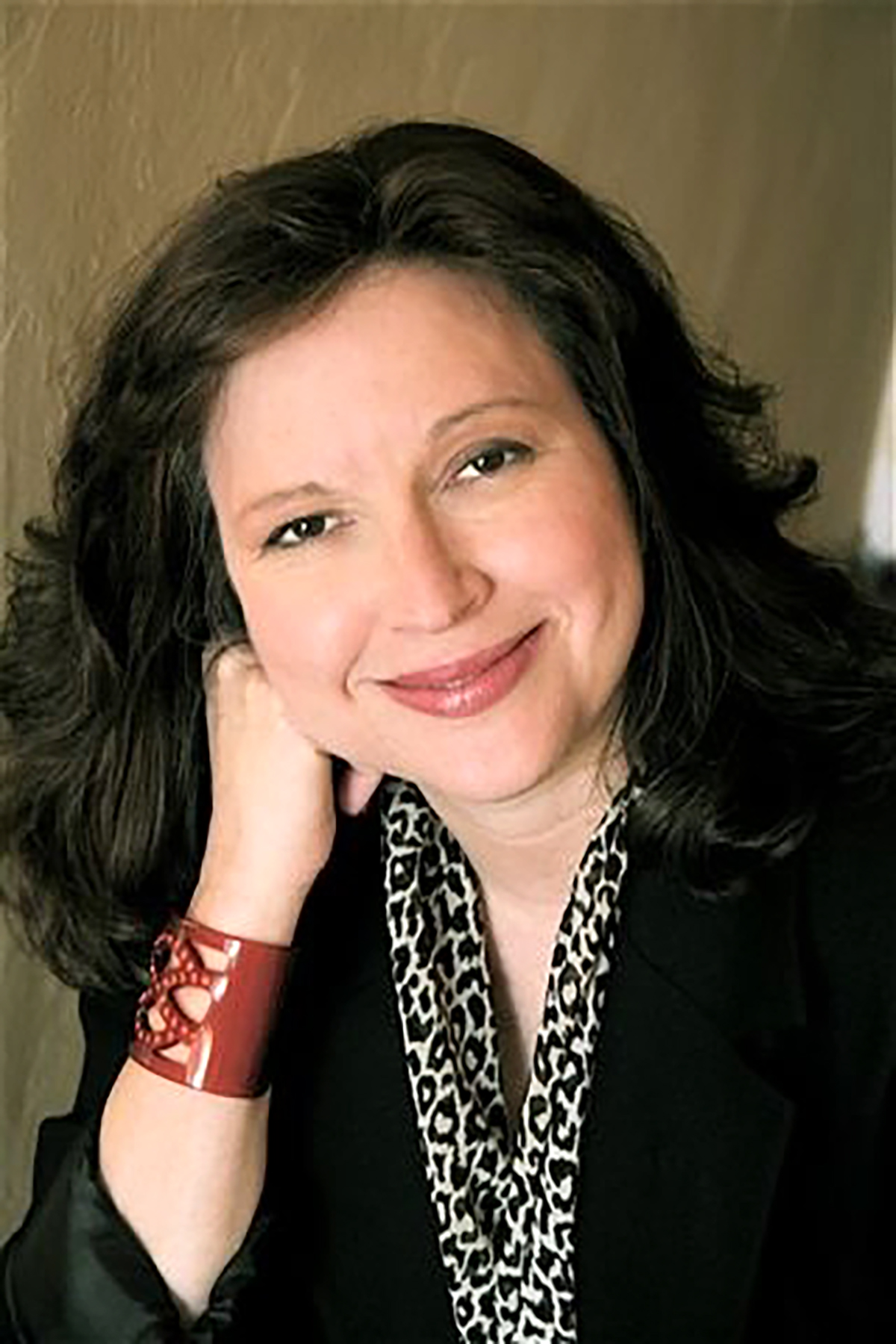
The focus of Thursday’s conversation will be on how these standards have changed in the United States, Winston said, because they reflect on the state of religion, politics and news media, which are all interlinked.
All of these subjects — which have been the focus of many of Chautauqua Institution’s themes this summer — are heavily affected by the values and priorities of Americans, Winston said. However, because these relationships aren’t obvious on a daily basis, they are hard to conceptualize.
Winston explained, as an example, that journalists don’t actively think about what influences their moral compass during the day-to-day grind.
“Insofar as journalists are decent humans, they will apply their personal ethical code and being a decent person to their journalism,” Winston said. “But I’m talking about something even larger than that, which is what we stand for as a society.”
Winston has traced the roots of both political and journalistic ethics back to religion, which is what she will talk about Thursday with Fallows.
She will conclude with connecting religious ethics to changes in religion from the time of former President Ronald Reagan to current President Donald Trump.
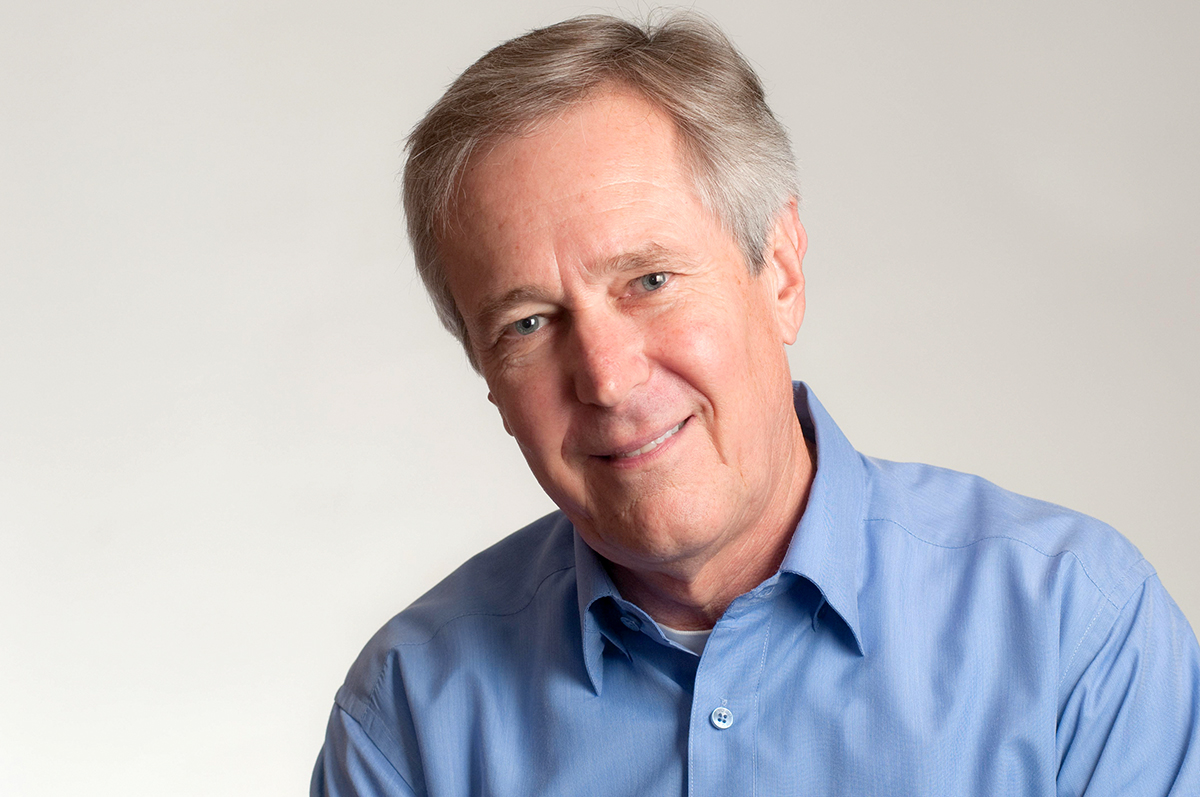
Although she is now a professor, Winston did not just read about these changes in books. She experienced them firsthand as a religion reporter in the late 1980s in North Carolina, the heart of Southern Baptist and Evangelical territory.
This was a new world to Winston, who had grown up in a secular Jewish family in the Upper West Side. Winston said she had long been fascinated by religion because she was not raised with it, so she went to study at Harvard Divinity School. However, she quickly realized that others back home were not as interested in learning about religion.
“People would blow it off and think that this was just something crazy that was just beyond anything that would be meaningful to them,” Winston said.
Winston, though, was seeing for herself how large the influence of religion was on the identity of people in the South. She has continued to report on it through her books, like The Oxford Handbook on Religion and the American News Media, and her online magazine, Religion Dispatches.
Winston said this disdain for religion on the part of liberals is why she could have seen the Trump era coming while so many others didn’t.
“There is a bias that suggests religion is about superstition or it’s about ignorance … and so many people do not take it seriously,” Winston said. “They miss the power it has to galvanize people and to instigate and motivate social movements.”


